From the first few verses of his electro-luscious latest single “Stealing Candy”, it is beyond evident that Zee Machine is not your typical queer pop artist. After dropping the superb EP Brainchemistry, he has gone on to drop more music (specifically the pulsing “Boys In The Band” is a must listen) and is working to open doors for other queer artists. I sat down with this uniquely talented and introspective artist to chat about his beginnings in the music business, the stumbling blocks he encountered and overcame, and how we are all beyond ready for the “pendulum to swing”!
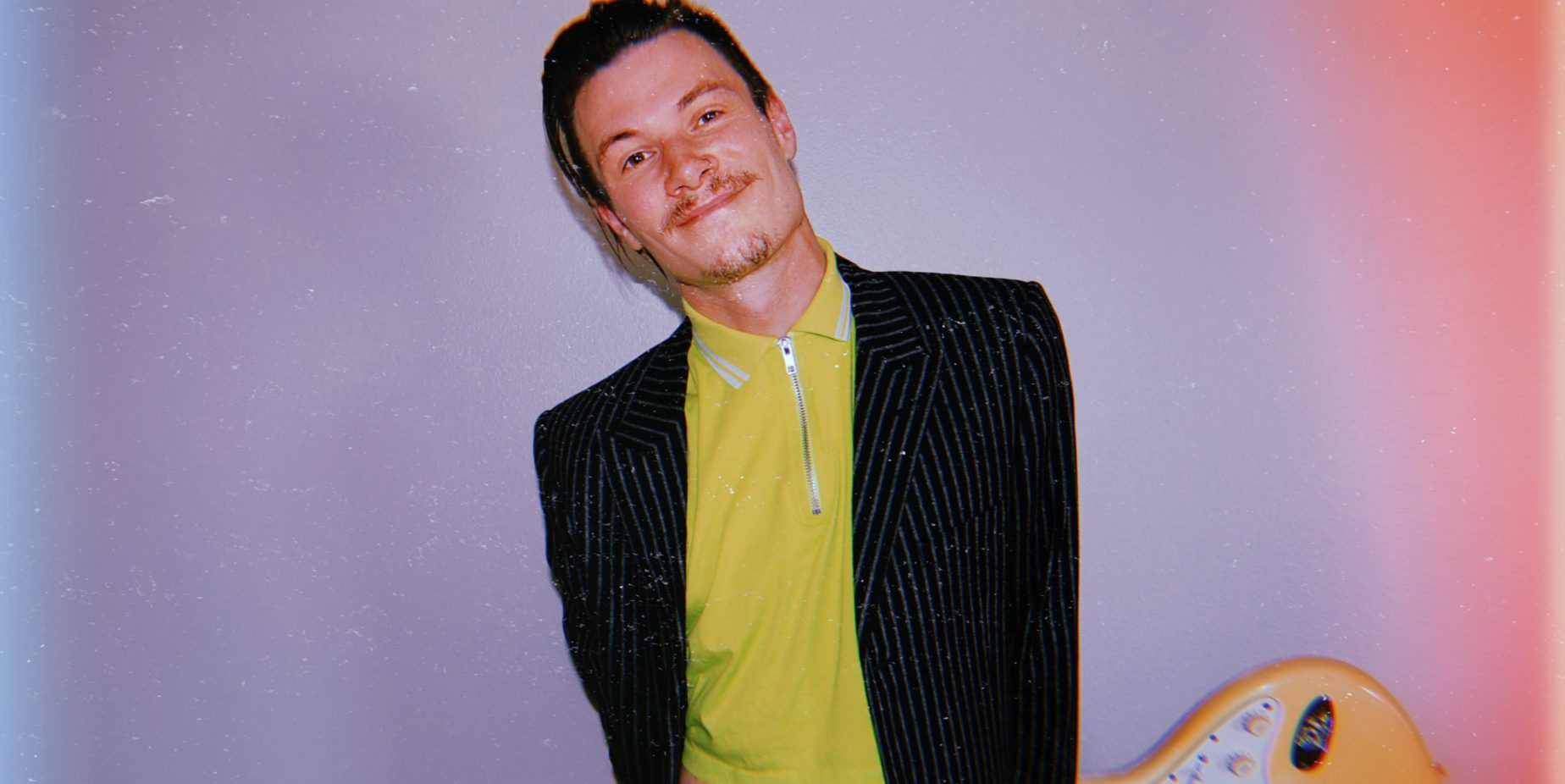
MC: Let’s start at the beginning; tell me how you fell in love with music?
Zee Machine: It’s honestly hard to pinpoint one specific moment. I was a pretty timid and awkward kid, so music was something that made me feel powerful. When I started playing and making music, it was the one thing that I was just innately good at. It just made sense to my brain in a way that couldn’t be taught. My parents have told me stories about me getting upset with them singing in the wrong key when I was like three years old. So not much has changed there.
MC: You went from New York to California to make your music career happen; what did you find to be the most difficult aspect of being an up and coming performer?
ZM It was realizing that “making it” in the music business as an artist involves so much more than just creating art that you love. Having to put myself out there, network with strangers, market myself, and then put my work up for public judgement and consumption and play into the numbers game of it all — girl, it’s a lot. Especially since there are so many people out there trying to be heard. When all you really wanted to do to begin with was make cool songs. So if you dive into all that and you don’t truly love and believe in what you’re creating with all your freakin’ heart, then it’s not going to feel worth it.
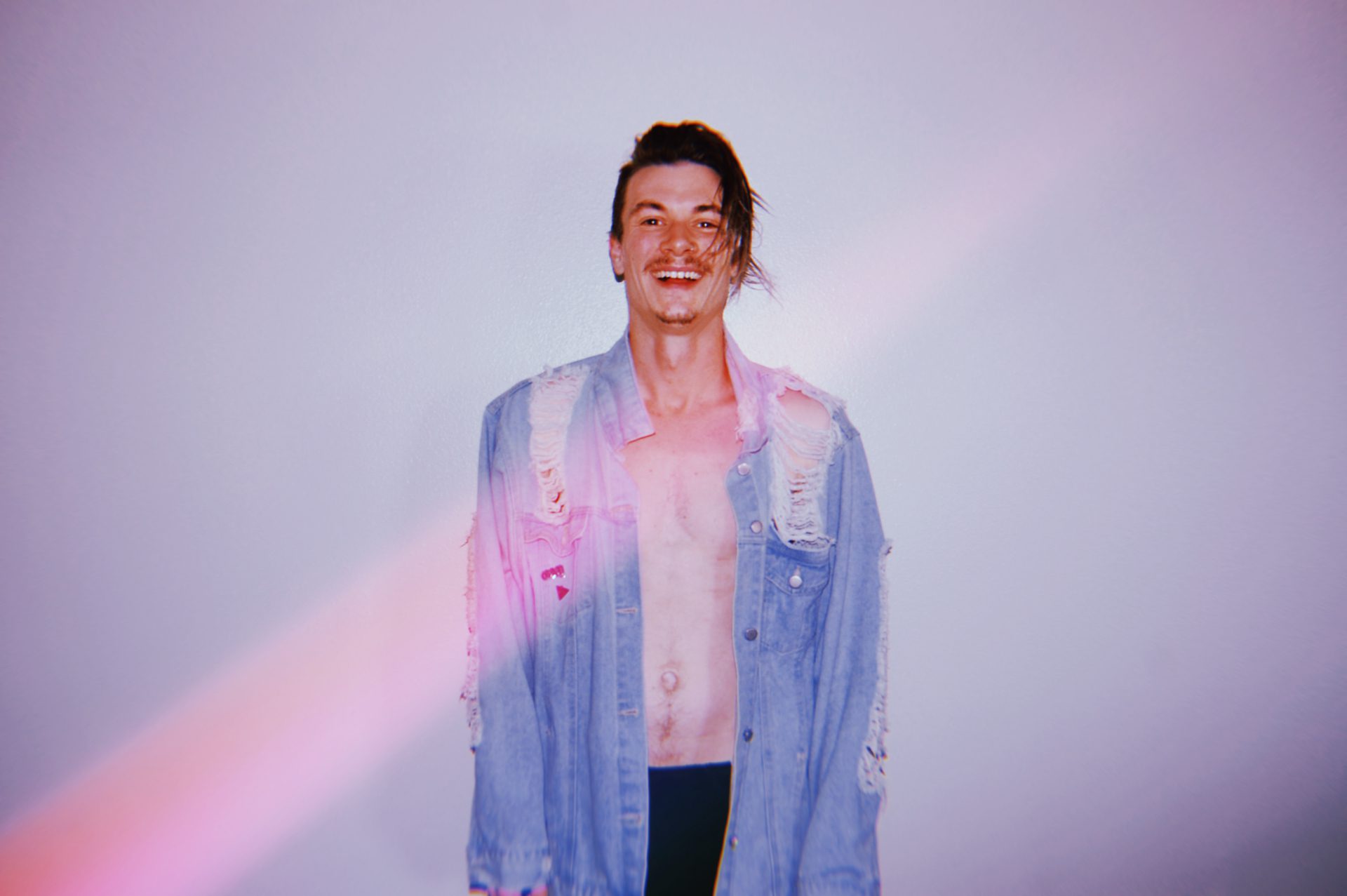
MC: How do you describe your musical style? What are some of your biggest influences that have helped shape your sound?
ZM: Sharp pop hooks and songwriting with a strong perspective. I do my best to make sure I have something to say in a song, otherwise I feel like I’m just singing to hear myself make noise. While there’s an obvious electronic basis to most of my production, I love adding elements of the R&B and soul singers I would hear around me when I was at music school, as well as my early influences of aggressive rock guitar that I grew up listening to. The classic rock “guitar gods” were a huge part of what made me want to start playing music all together, so I kinda love being this unassuming queeny little waif who can shred the god damn house down over an electronic pop production. I would say if you took elements of Jeff Buckley, Prince, Annie Lennox, Adam Lambert, Tove Lo, Led Zeppelin and The 1975, that would be a good jumping-off point for my style.
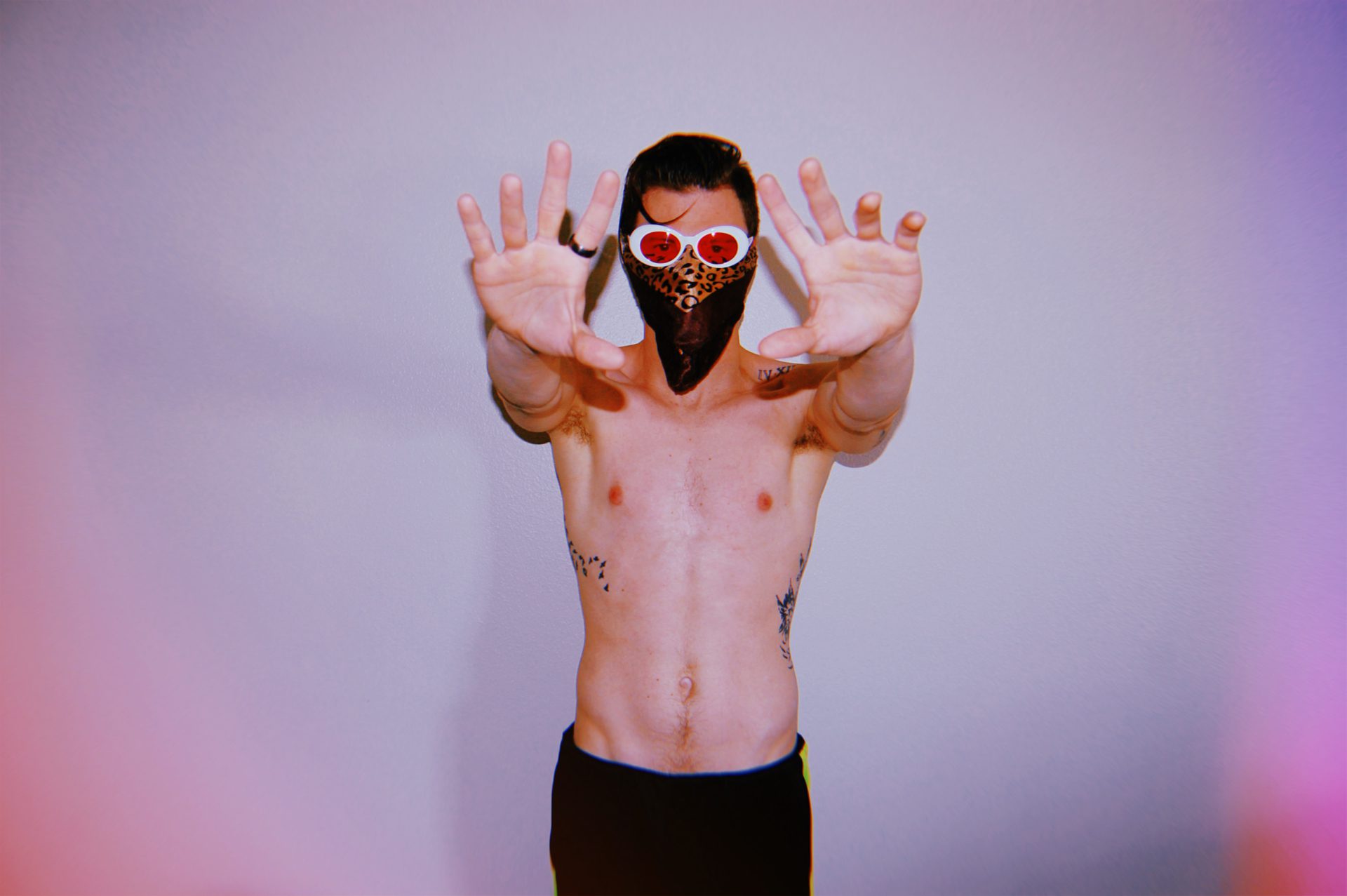
MC: You have spoken at length about your struggles with meth. How did that occur? What was the turning point for you to come out of it and to get sober?
ZM: Addiction is weird. Because at the core, it’s not really about drugs. It’s literally just a disease that causes your brain to powerlessly obsess over something, anything that takes you out of your own mind. And meth just happens to be really good at that. When I felt absolutely hopeless and sad, meth made me feel hopeful and excited. When I felt pathetic, it made me feel powerful. But everything it gives you, it eventually takes away ten fold. I lost my friends, a relationship, a job, all my money, the trust of my family (not to mention nearly forty pounds), and was very close to ending up homeless. So I feel very, very lucky that I had a moment of clarity when I was at my lowest point and checked into a 90-day inpatient program. It’s been a lot of hard work, but I feel as though I know myself better than ever because of it.
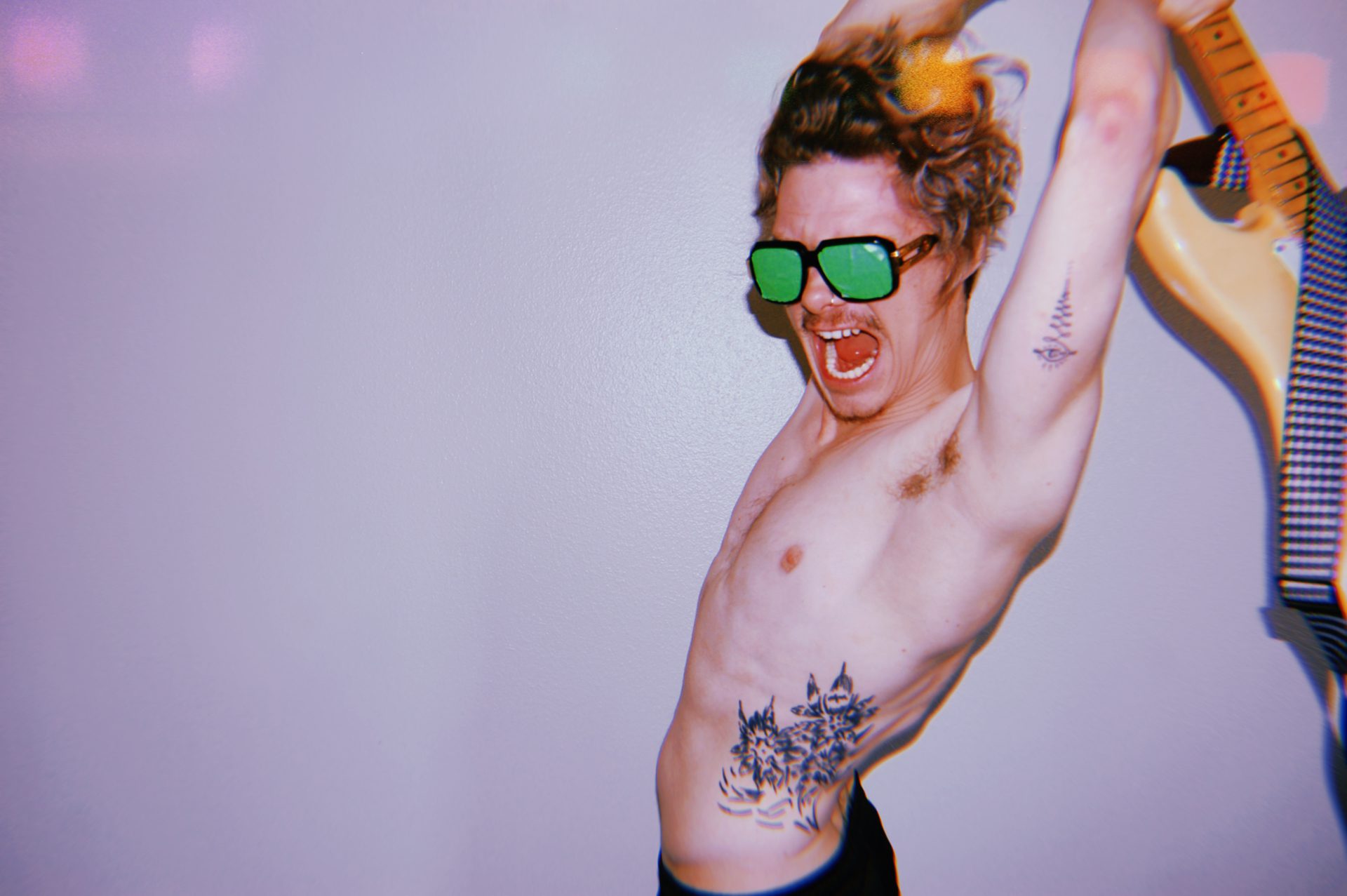
MC: Tell me about Brainchemistry; it’s musically such a strong package of music.
ZM: I decided on that name for the EP while I was in rehab. In a way, the four tracks on there are almost like a mini concept album documenting my identity from the depths of my addiction and into recovery. Looking back it definitely feels like a very honest and thorough summation of who I was musically and where I was at. It’s a wild ride and I gotta admit, it’s a fun listen, but there’s a lot of darkness on there that I tried to disguise with an air of cheekiness, self-deprecation, a good chorus, guitar solos and a RuPaul sample.
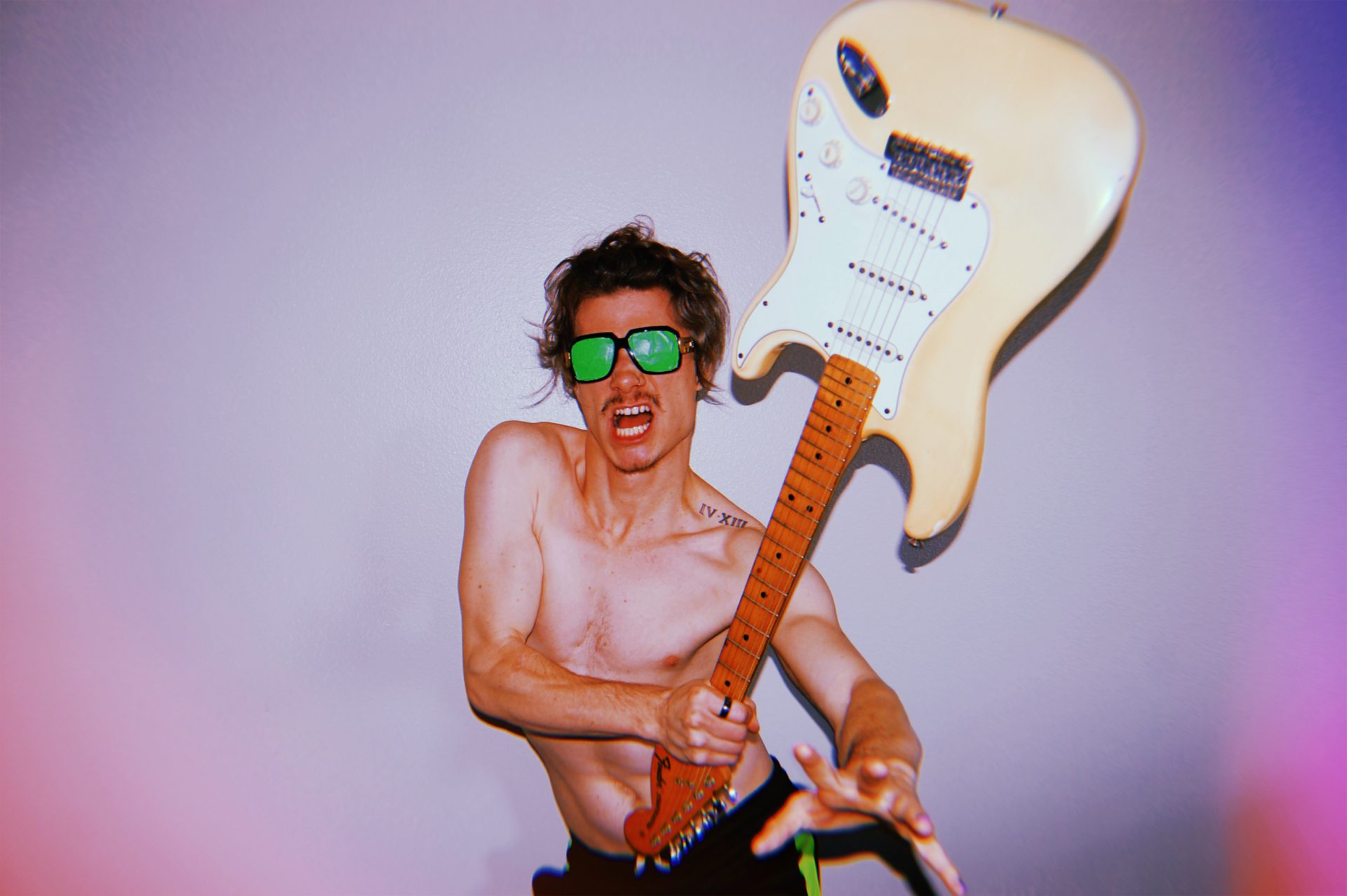
MC: Tell me about including RuPaul’s Arsenio Hall interview on the song “Brainchemistry”.
ZM: I was listening to RuPaul’s 1993 interview on Arsenio Hall on the train ride to my producer’s studio. This was in early 2017, just a few months after the presidential inauguration and when I heard RuPaul drop that line, “The pendulum has swung so far to the right, that its gonna come crashing back to the left,” it gave me chills with how relevant it still felt. The lyrics to “Brainchemistry” (the track) were shaping up to be my funky little SparkNotes on queer history and liberation so I went out on a limb and laid that audio clip over the intro beat and it just fit the song perfectly. Sometimes I wonder how long we’ve actually been waiting for the pendulum to swing…
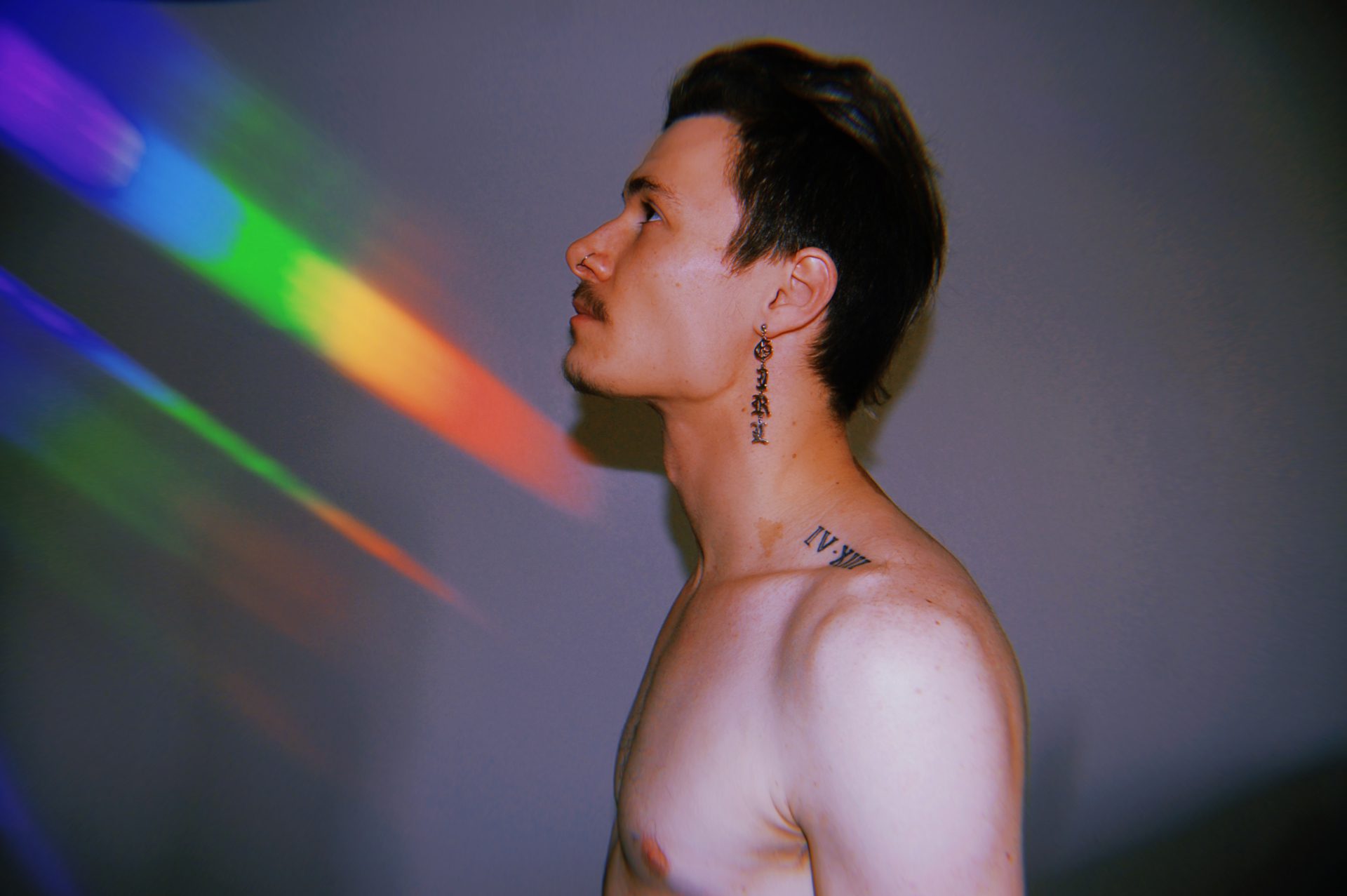
MC: What is it like being a queer artist in 2020? What do you think are both the positive and negative aspects of it?
ZM: Music is one of the most exhilarating ways to express your queer identity. Pop music is already so inherently queer that in a lot of ways it just feels like home. To see other people, especially young queer people, connect with it and take a piece of that with them and become inspired through it… it truly makes everything worth it. After I played Omaha Pride last year, someone who saw my set messaged me and told me that I had inspired them to come out publicly as genderfluid. While I’m not sure what they saw, sometimes you don’t see the full value of how much you do just by being visible and being yourself until you have moments like those. I was bawling on the plane ride home.
On the flip side, a lot of the more heteronormative music world just looks at queer artists differently. They’ll be called “too gay” and be told to tone it down by some, and then at the same time, they’ll get torn down if they’re not being the most all-encompassing representation of what their own community wants. It’s literally impossible to give everyone what they want, so find your own tribe of people whose opinions actually matter to you, do your thing and then LIFT. EACH. OTHER. UP!
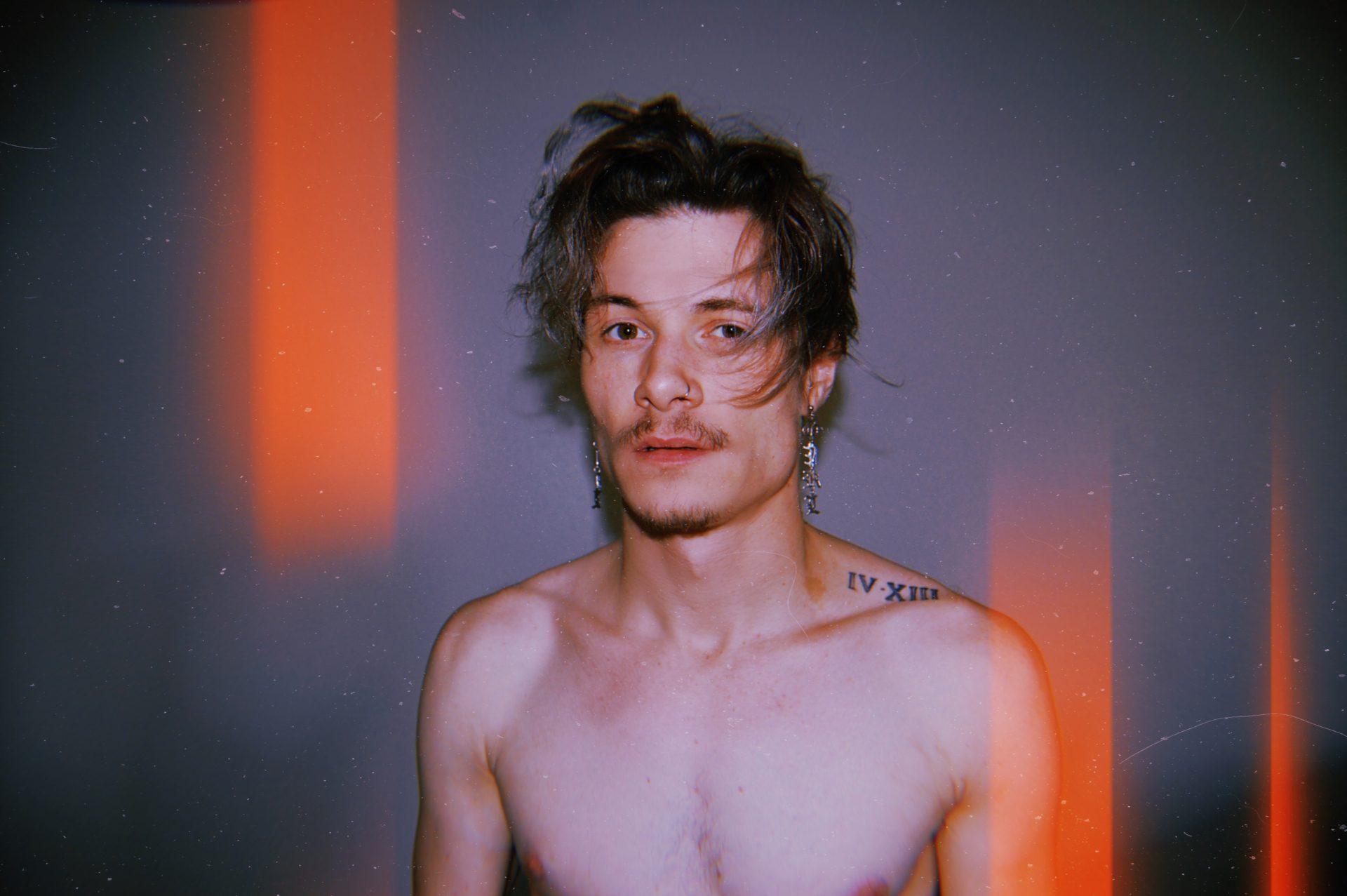
MC: Collaboration-wise who are you loving right now that you think would match your sound to work with?
ZM: I went to this live interview with Billie Eilish at the Grammy Museum a few months ago and she said she doesn’t really like it when she meets other artists and they say things like “we should collaborate sometime,” because a lot of the time she’d rather just hang with them. Be their friend. And I really felt that. I love the music I make and I’m very confident in my creative abilities, but I’m a very shy and anxious person with a fairly arduous creative process, so the idea of full-on collaborating with an artist I know and have admired at this point is kind of terrifying to me. That being said, I’m pretty confident I could write some incredible songs for someone like Adam Lambert. I would literally do anything and everything for MUNA if they asked me to collab – from laying down guitar tracks to just getting them coffee.

MC: Five years from now, what is on your vision board, what do you want to see happen in your career and personal life?
ZM: Five years from now, I’m determined to be creating things that present day me never would have dreamed I had the capacity to do. l want to push boundaries, conquer my need for validation from anyone but myself, and eventually be in a position where I can help open doors for other artists like so many have done for me since I’ve moved to LA. I’m careful about having goals, not expectations. But hey, I wouldn’t turn down a late night appearance or a festival slot. I’m only human!
For everything Zee Machine, follow him here:
